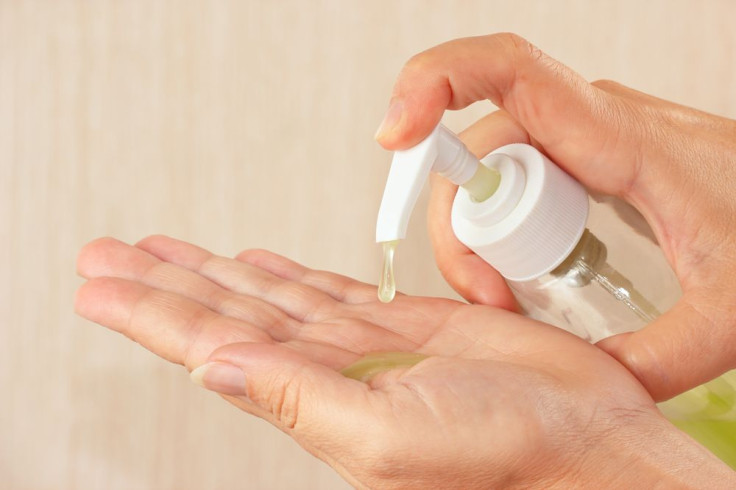HPV Disease Not Killed With Disinfectants; Hospitals May Need To Change Cleaning Policy

Considered the most widespread sexually transmitted infection (STI), the human papillomavirus (HPV) can lead to more serious health complications including genital herpes and cervical cancer. A study based off of collaboration between the Penn State College of Medicine and Brigham Young University suggests hospitals may have to do away with the current policy of treating HPV with common disinfectants.
"Chemical disinfectants in hand sanitizer are commonly used in the general population to prevent the spread of infectious diseases," lead researcher, Professor Craig Meyers, from PSU’s Department of Microbiology and Immunology, told Penn State News. "For flu or cold viruses they are very effective. But the data shows that they do nothing for preventing the spread of human papillomavirus."
According to the Centers for Disease Control and Prevention, there is currently no official treatment for HPV. Fortunately, HPV vaccines make prevention easy and effective. HPV health problems associated with the infection can be prevented by way of a series of three shots administered over the course of six months. An estimated 79 million men and women in the United States are infected with HPV.
Meyers along with colleagues Richard Robison, Jordan Meyers, Eric Ryndock, and Michael J. Conway tested 11 disinfectants commonly used by health care professionals to treat HPV. Disinfectants and hand sanitizers with the ingredients ethanol, isopropanol, and glutaralehyde were used to treat a specific strain of the virus associated with 60 percent of HPV-related cancers known as HPV16.
The laboratory grown sample of HPV16 was resistant to disinfectants containing the three ingredients ethanol, isopropanol, and glutaraldehyde. Based on their findings, the research team recommends that all private and public health practitioners do away with alcohol-based disinfectants as a form of HPV treatment. On the other hand, their research also showed success in treating the infection with hypochlorite and peracetic acid-based disinfectants.
"Chemical disinfectants used in the hospitals and other healthcare settings have absolutely no effect on killing human papillomavirus," Meyers added. "So unless bleach or autoclaving is used in the hospital setting, human papillomavirus is not being killed and there is a potential spread of HPV through hospital acquired or instrument or tool infection."
Vaccination efforts to prevent the HPV infection and related health concerns are considered most effective when the patient has had time to develop an immune response before becoming sexually active. Health care professionals recommend boys and girls start receiving vaccine doses around the age of 11. Vaccines that protect against cervical cancer and genital herpes include Cervarix, available only for females, and Gardasil, available for both males and females.
Source: Meyers J, Ryndock E, Conway M, Robison R, Meyers C. Susceptibility of high-risk human papillomavirus type 16 to clinical disinfectants. Journal of Antimicrobial Chemotherapy. 2014.



























